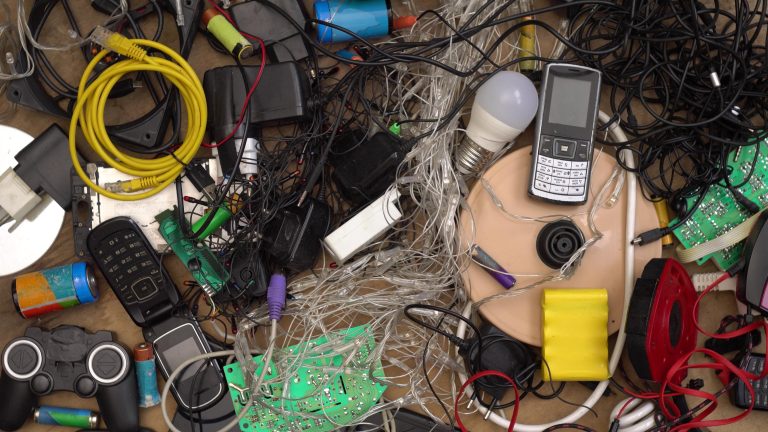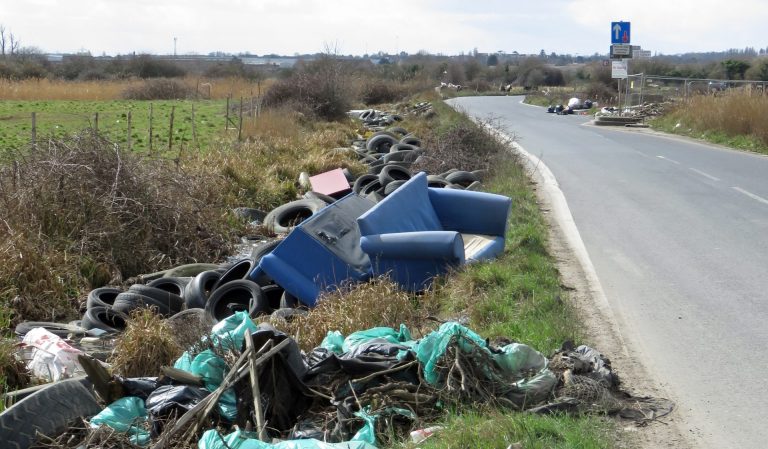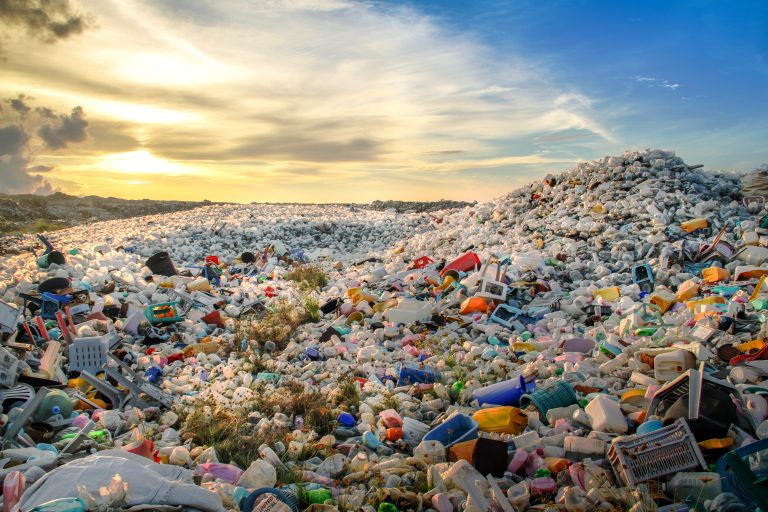Recycling is essential for waste management, resource conservation and reducing environmental harm, particularly in the face of climate change. While effective programs and technologies are important, education plays a crucial role in promoting recycling. It helps individuals understand the importance of recycling, how to do it correctly, and its environmental benefits. This blog highlights the role of education in recycling, the challenges it faces and how we can empower future generations to adopt sustainable practices.
Why Education Is Crucial for Recycling
The success of recycling programs depends not only on infrastructure but also on informed individuals who understand the value of recycling and are motivated to participate. Education is key to achieving this:
- Raising Awareness: Many people don’t fully understand the environmental impact of waste or how their actions can make a difference. Education increases awareness of the importance of recycling, the finite nature of resources, and the consequences of waste, such as pollution. Public campaigns help individuals see recycling as part of a larger sustainability effort.
- Teaching Correct Recycling Practices: Contamination is a major barrier to effective recycling. People often mix recyclables with non-recyclables or fail to clean items before recycling. Education teaches individuals how to properly sort waste, rinse containers and identify recyclable materials, which improves recycling outcomes and reduces contamination.
- Creating a Sense of Responsibility: Education fosters a personal sense of responsibility for the environment. When people understand the broader environmental challenges, they’re more likely to adopt sustainable practices in their homes, communities and workplaces, such as reducing waste or advocating for better recycling programs.
- Instilling Lifelong Habits: Recycling is about creating habits that last a lifetime. When individuals are taught about recycling from a young age, these habits often stick with them throughout their lives. Schools are crucial in shaping these habits, ensuring that future generations understand the importance of sustainable resource management.
The Role of Schools in Promoting Recycling Education
Schools are fundamental in building a foundation for recycling awareness. By teaching kids about recycling in fun and engaging ways, schools can inspire interest in sustainable living. Here are some ways schools contribute:
- Curriculum Integration: Schools can incorporate recycling into subjects like science, geography and art, connecting it to broader environmental issues like climate change and the circular economy. Teaching the life cycle of products and the recycling process encourages personal responsibility.
- Hands-On Learning: Schools can organise activities like sorting waste or building projects from recycled materials. Hands-on learning makes recycling tangible and enjoyable, helping students see its value in a practical context.

- School-Wide Recycling Initiatives: By setting up easily accessible recycling bins and involving students in managing these systems, schools can model good recycling practices. Practical experience reinforces the importance of recycling.
- Collaborations with Local Recycling Centres: Partnering with local recycling centres or environmental organisations allows schools to offer educational talks, field trips and materials that help students understand how recycling works and its environmental impact.
The Role of Public Campaigns and Media in Recycling Education
While schools are crucial, public campaigns and media also play a key role in spreading recycling education:
- Awareness Campaigns: Governments and nonprofits often run campaigns to educate the public about proper recycling. These campaigns offer guidance on how to recycle, dispel myths and explain recycling’s benefits.
- Social Media and Digital Tools: Digital platforms and apps provide practical tips, recycling rules and local pickup schedules. Social media engages younger audiences by spreading recycling knowledge through interactive content.
- Celebrity and Influencer Involvement: Celebrities and influencers can amplify recycling messages, reaching a broad audience. Their involvement helps create social movements around sustainability, further promoting recycling.
Overcoming Challenges to Recycling Education
Despite the importance of education, several challenges remain:
- Lack of Access to Recycling Programs: In some areas, recycling programs are limited. Educational efforts must address these gaps by promoting local recycling initiatives or collaborating with governments to improve infrastructure.
- Complex Recycling Rules: Recycling rules vary by region, often confusing people. Simplifying and clearly communicating these rules is essential to improving recycling rates.
- Engagement and Motivation: Some people resist recycling because of convenience or believe their actions won’t make a difference. Education should emphasise that individual efforts, when multiplied, create significant collective impact, benefiting communities and the planet.
Education Is Key to a Greener Future
Education is essential for promoting recycling and creating a sustainable future. By raising awareness, teaching proper recycling practices and fostering responsibility, education empowers individuals to take action. Through schools, public campaigns and digital media, recycling education leads to better waste management, less pollution and a more circular economy. Instilling recycling habits early in future generations ensures long-term sustainability, helping to build a greener world. Together, we can make a significant impact through education and recycling.















